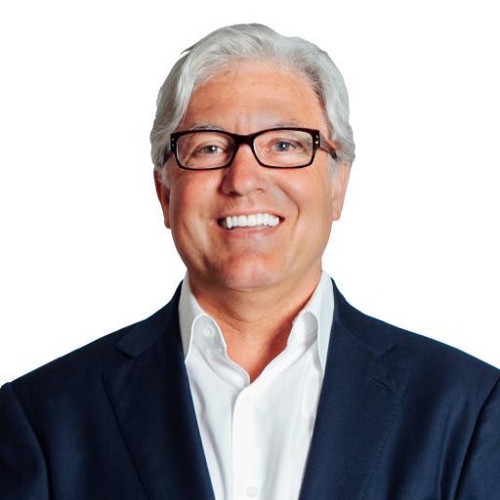A distracted driver forces you off the road, and you react to avert disaster. In that case, fear is a good thing. Or consider guilt: If we have done hurtful things in our lives, that realization may drive us toward God and to a place of accepting his forgiveness. In this case, the guilt for legitimately bad things in our pasts spurred us toward redemption.
However, a great majority of the time, fear and guilt fester deep inside our minds and emotions like an infection.
The truth is, we all make mistakes. Sometimes we fail miserably. We don’t keep our promises. We see our lives as land mines of disaster. All this makes us angry, fearful, and ravaged with guilt.
So when you make a mistake, feel the anger, fear, or guilt. Then admit it, confess it, make amends, and move on. Evaluate your choices, knowing you are forgiven, healed, and whole in God’s eyes. Recognize that today is a new day.
Failures are Events, Not People
Failures are events, not people. Be kinder to yourself. Enter the freshness of God’s love; open your heart to his unshakable goodness, his forgiveness of your sins, and his redeeming love.
Over time, you will say goodbye to the poisons of anger, fear, and guilt, because you will learn to use them properly. And what better time to start doing this than today!
Knowledge is usually gained as insight. The lightbulb comes on, a puzzle piece falls into place, two halves come together to make a whole. In that moment, you recognize the truth, and it becomes a part of you.
Truth
Accepting the truth, however, isn’t always easy. Oh, you may hear the truth, but it doesn’t seem to “fit well.” It just feels wrong, even though you know it is right. Here are some examples:
- It can be hard to accept that those who should have loved you, in fact, didn’t.
- It’s challenging to accept that the way you’ve always viewed yourself isn’t accurate.
- It’s difficult to accept that your life was changed in significant ways by wrong things in your life—some things done by you and some done by others.
On the path to healing, acceptance allows you to move beyond the blockades of bitterness and blaming others. These roadblocks leave you stranded. And no matter how hard you push against them, they don’t move. Because of the effort you’re expending, it seems as if you’re accomplishing something, but you’re stuck— you’re not moving forward to healing.
Most of the pain in our lives comes from the actions of others wounding us, and our own wrong choices compound the pain. To heal, we must learn the differ- ence between the two.
But it’s not enough to stop there. We must take the next step and accept what these wrong actions have done to our lives. And I believe the only way to accept this difficult truth is by applying grace. We must accept God’s grace in our own lives and extend that grace to others
Like love and forgiveness, the concept of grace goes against our very nature. Grace is freely given, it cannot be earned, and it is extended to those who don’t deserve it. Although grace is hard to understand, God means for us to have it and experience it.
Dr. Gregory Jantz is the founder of The Center • A Place of HOPE in Edmonds, Washington, recognized as a Top 10 Center for Depression Treatment. He is a best-selling author of over 40 books and a renowned expert on mental health treatment.


